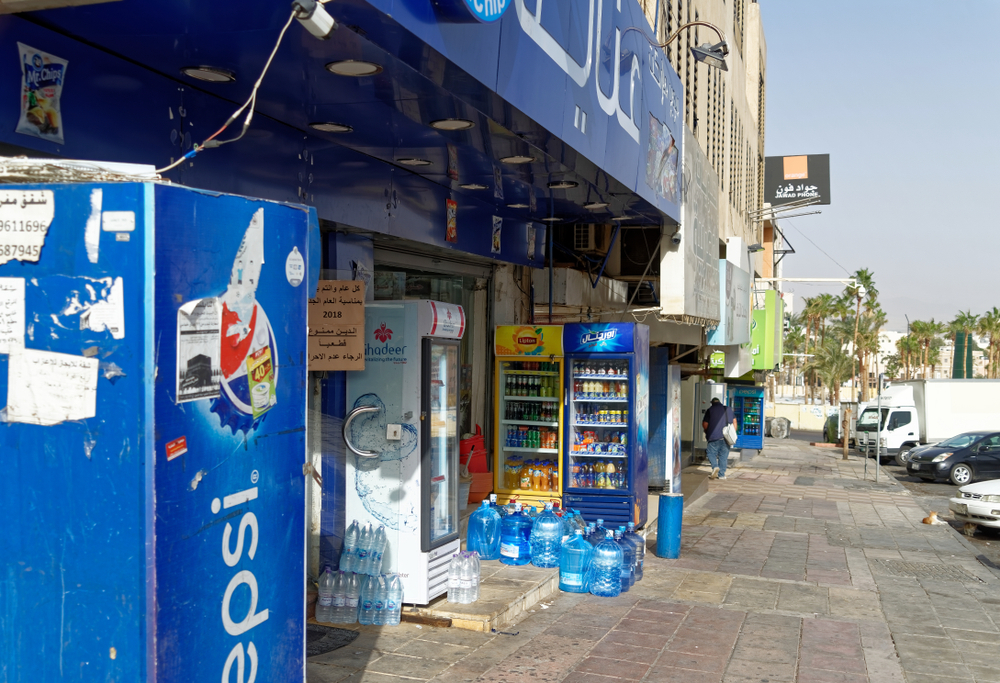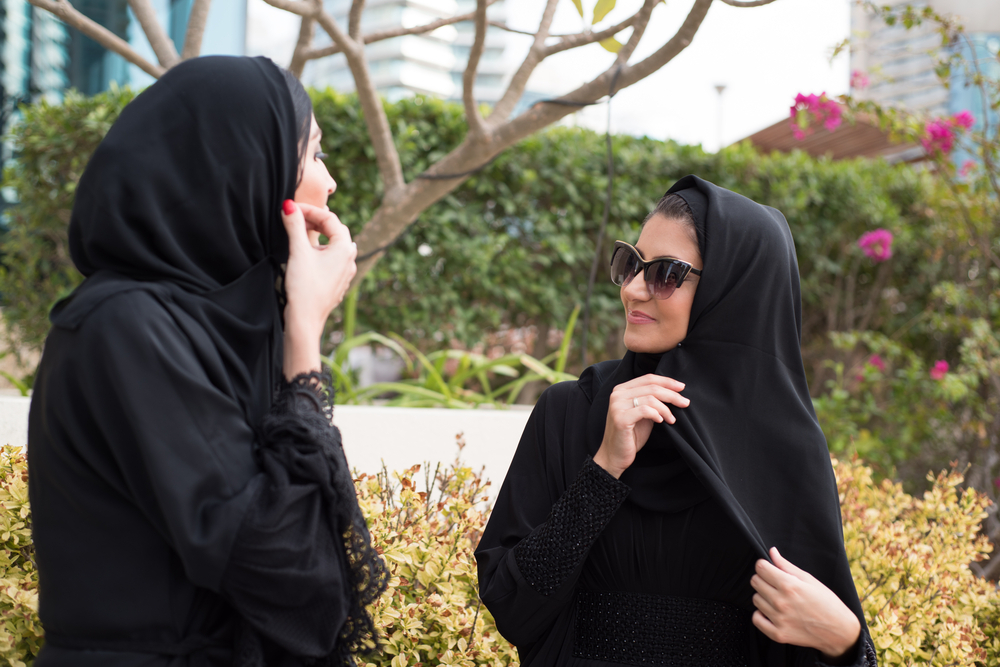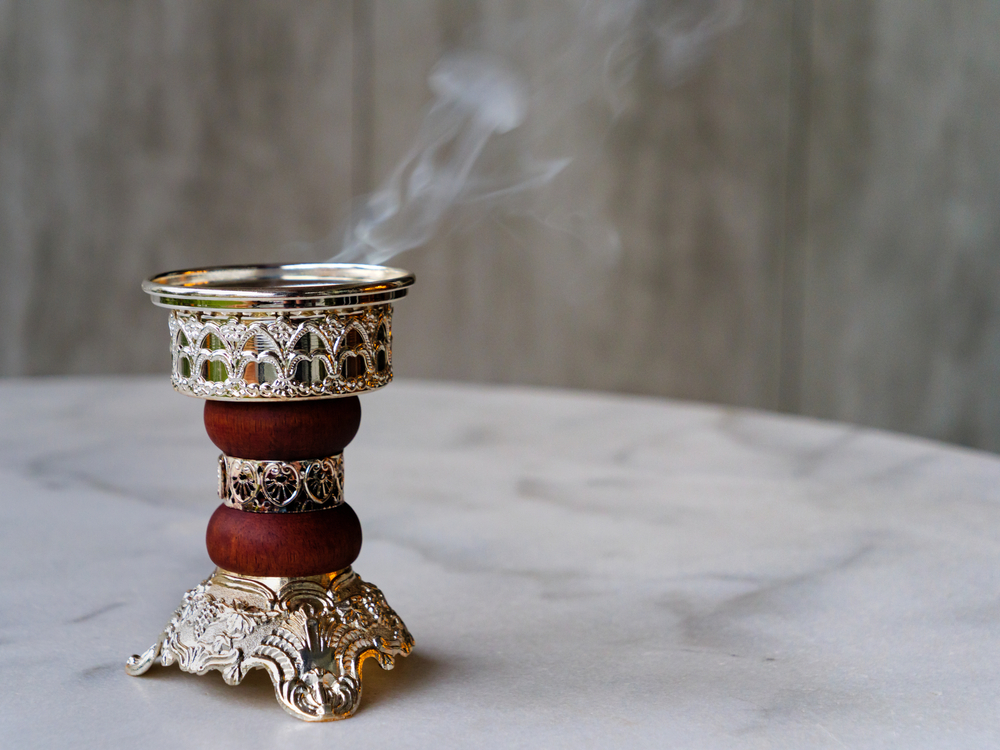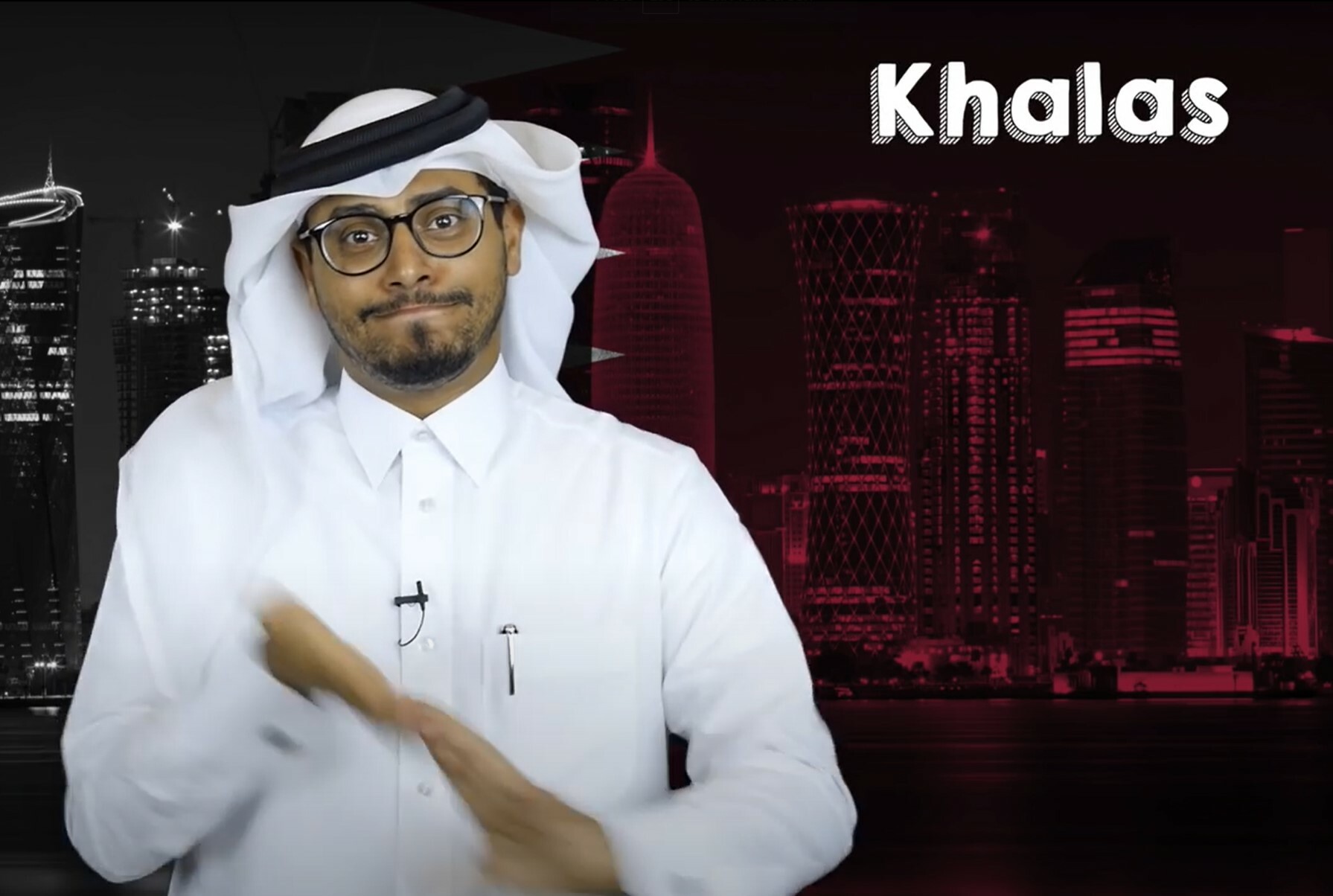
With the upcoming FIFA World Cup in Qatar, more and more visitors from different countries are bound for Doha.
It's important to know the local culture and lingo before visiting a new country, and the ILoveQatar.net (ILQ) team has put together a few points you should know before your trip to Doha!


Looking for a quick stop for snacks, or have you forgotten to bring a toothbrush? There are no 7/11s in Qatar, but the many baqalas are there to serve you!
‘Baqala’, pronounced as ‘ba-ka-la', is a small shop that offers food, snacks, beverages, hygiene essentials, power cords, and more. Baqalas are scattered around neighbourhoods in Doha and are frequented by residents and locals for convenience.

Karak is a popular tea drink in Qatar. There are numerous tea shops dotted around every neighbourhood. A popular sight outside these shops is people honking to have their orders delivered directly to their cars.
RELATED: Top 5 places to get your Karak in Qatar

It is common that ladies have separate queues and waiting areas in Qatar. Watch out for “ladies only” or “women only” signs and abide by the rules.
Salons and spas are extremely private areas in Qatar and are usually segregated for men and women. There are also ladies-only beaches and parks that offer ladies' day.
Men are not allowed to enter women-only establishments or areas.

Bukhoor is a fragrance emitting incense that works by burning oil-infused wood chips. These are commonly used in Qatari households and public places for cultural and religious purposes.
Oud, on the other hand, is used for personal fragrance and is in the form of oil or perfume. The scent of both bukhoor and oud can be described as distinct, musky, and fragrant. You may get a whiff of this scent while walking around the city.
RELATED: Everything you need to know about fragrances in Qatar

It's important to note and respect the cultural beliefs exercised in Qatar with regard to clothing. Visitors, residents, and the people of Qatar are encouraged to dress modestly in public places such as malls and parks.
The general rule is to not show too much skin, so we recommend sticking with shirts and pants and avoiding clothes that fall above the knees. Avoid wearing shorts if you're visiting ministry offices or police stations.
RELATED: What are the do's and don'ts of etiquettes in Qatar

The work week in Qatar starts from Sunday to Thursday, and the weekend is on Friday and Saturday. Fridays are Islamically significant where congregational prayers are observed.

As Qatar is an Islamic country, most establishments close typically between 11:30 am to 1 pm on Fridays for congregational prayers. Make sure to check an establishment's Friday working hours before visiting.

Most establishments reserve certain hours on Fridays for family or ladies-only entry. This applies to most malls and some parks in Doha. Makes sure to call ahead if you plan on visiting these places on Fridays.

One of the most common greetings used in Doha is "As salam alaykum", which translates to "peace be upon you". Sometimes just the abbreviated greeting, "salam", is used too in more informal settings.
The response is usually "Wa alaykum as salam" which means "peace upon you too".
Note: Avoid shaking hands with the opposite gender, especially when meeting for the first time.
Khalas means over, done, finished. However, 'khalas' may mean different things depending on how it is said and in what context.
It can mean "enough", "stop", "ok/alright" or "say no more".
Another way of saying 'khalas' is 'bas'. It is a slang way of saying the expression.
Shukran is among the most popular Arabic words and means "thank you". Another way of saying "thank you" in Arabic is "mashkoor".
Afwan is the response to shukran and means "you're welcome".
Another popular phrase or expression is 'khali wali' which means 'let it be' or 'forget about it'.
Inshallah means 'God willing' and is synonymous with 'hopefully' or 'let's see'.
Mafi Mushkila translates to "no problem".
Alcoholic beverages are only available in certain licensed establishments in Qatar and are not advertised explicitly with respect to the local culture and Islamic views.
There are certain words used by establishments to indicate that they serve alcoholic beverages, such as:
Like alcoholic beverages, hookah or shisha are modestly advertised by establishments and are sometimes called:
RELATED: Useful Arabic phrases to know while in Qatar

There are hand gestures that Qatari locals use that have been adopted by long-time residents to express themselves without using words. Here are a few examples of hand gestures you may encounter in Qatar and their meaning.

A non-verbal way of saying 'khalas' is by clapping your hands as if wiping something off your palms with one hand on top and one at the bottom. This gesture requires the clap to be done at least twice with interchanging hands.

Shino means "what?" in Arabic and can be expressed by twisting the palm and fingers. It is used to express confusion along the lines of "what are you saying?" or "what are you doing?".

The shwei shwei gesture means "wait". It is done by putting the fingertips together as if picking something from above and pulling it down.
Another variation of the gesture is swinging the joined fingertips back and forth instead of from up to down. This variation expresses more urgency in requesting patience from the receiver of the gesture.

Pointing with a single finger is considered offensive in Qatari and most Arabian cultures. For this reason, the people of Qatar use four fingers to point and gesture.
Did you find this article useful? Which one of these was the most interesting for you? Share with us in the comments! Do share this article - it keeps us going!
Follow us on our social media channels:
![]() @ILQlive
@ILQlive
![]() @ILQlive
@ILQlive
![]() @ILoveQtr
@ILoveQtr
![]() ILoveQatar
ILoveQatar

You have successfully registered your account!
Please confirm your e-mail address by clicking on the URL sent to you.The e-mail usually arrives in 5-10 minutes.
How ajeeb was that!? Thanks for contributing to our community! Your post will appear after we take a quick look!